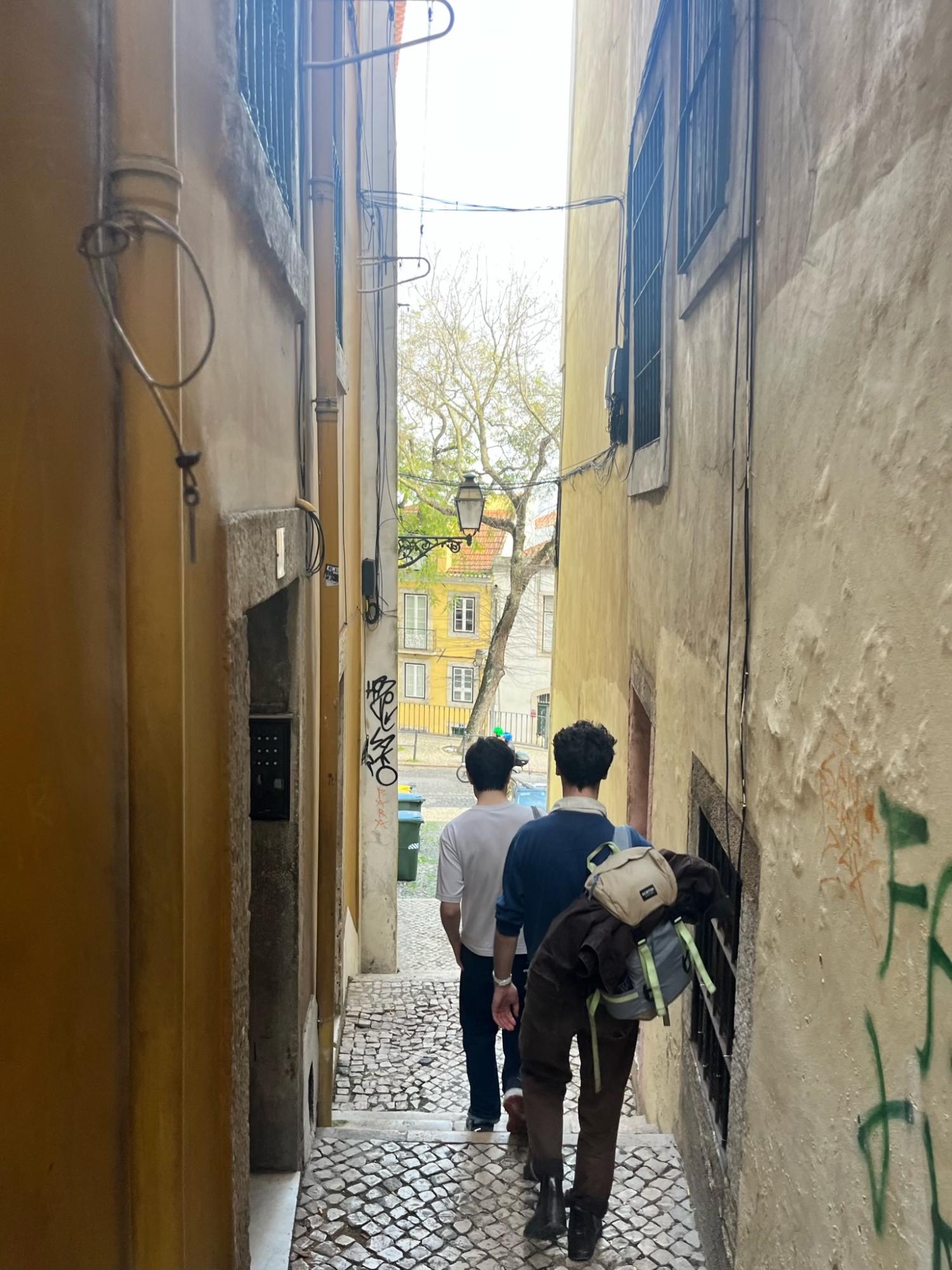
In an op-ed last week, Shoshie Hemley ’25 cautioned younger students against viewing study abroad in the wholly positive light in which it is often portrayed. She recounted that the group of American students with whom she studied abroad in Barcelona was an “ignorant, mean, and altogether unpleasant crowd” and, as a result, classes were neither enjoyable nor informative. Ultimately, studying abroad was transformative for Hemley only in that she gained “much more of an appreciation for the College and for people who care about their education.”
I too studied abroad last semester, although I was initially completely opposed to the idea. Deep into the fall semester of my junior year, I was still trying to decide whether I would take the plunge and board the plane to Rome. When I finally decided to go — gritting my teeth all the way — it was not out of a desire to see European capitals or escape from schoolwork. Instead, I left because I had been told that Williams students go abroad in their junior spring, and I had no reason to believe that I knew better.
Hemley’s op-ed is well-written and provides a strong counternarrative to the traditional saccharine framing of the study abroad experience. This is not an attack on Hemley’s piece; rather, I hope that both of ours might work as a set, providing two divergent perspectives on the same phenomenon.
To say the College is a “Purple Bubble” is a thoroughly trite observation, but it is no less true now than it was the first time some precocious Eph made the smug observation. We think a great deal about the complex issues facing the world — but also about ourselves. Our schoolwork, extracurriculars, and our place at the College become everything once we step foot on campus, and we too often convince ourselves that the fleeting issues of our lives are truly important, or worse, that our lives are somehow more meaningful than the lives of those outside the bubble.
Most students do not care about school nearly as much as the average Williams student. Furthermore, most of one’s life — even the average Williams student’s life — will not be spent engaging with heady academic topics. This means that, yes, if we are so inclined, we should cherish our education while we can.
However, this also means that one day, our lives will involve daily, perhaps constant, interaction with people who don’t care about their education in an environment where there are no opportunities to wax poetic on Frantz Fanon to an audience of similarly interested young people. One day, we will have to fill our lives with more than seminars and pseudo-intellectual Snar conversions; there will be no built-in opportunities to live the life of the mind such as those at the College. We will have to decide what to do with ourselves and how to live outside of a community of like-minded peers.
Study abroad students are hardly more representative of the world than our College’s student body, with the possible crucial difference being that they tend to care much less about grades and much more about seeing new things, listening to loud music, and drinking in novel places. One may find these to be frivolous activities, but I think that engaging in them is more important for a Williams student than it is for almost anyone else.
My peers and I tend to be more than a little stuck-up, and sometimes we develop a downright abusive relationship with academics. We convince ourselves that we should be working at all times, reading more, writing more, spending more time in office hours, and doing less of anything that can’t be justified academically. I am writing this to say that you should not think like that. We should cherish our youth and our freedom to lay in the grass or sit in a café or lounge in our dorms watching reality television. Studying abroad is an invaluable time to learn what it is that you want to do when you don’t have to pretend to love your classes or how overworked you are.
In Rome — and London and Lisbon, Cordoba and Brussels, Berlin and Stockholm — I slowly but surely learned that my fears about what I would miss at school, and my attachment to Williams, were incredibly nearsighted to say the least. It turns out that there are cities and countries and continents outside of the Purple Bubble. There are, in fact, new things to be seen, loud music to be listened to, and novel places to drink. If you decide to study abroad, remember that being surrounded by “ignorant, mean, and altogether unpleasant” people can be just as much a positive experience as a negative one.
Nelson Del Tufo ’25 is a political science and history major from Big Indian, N.Y.




